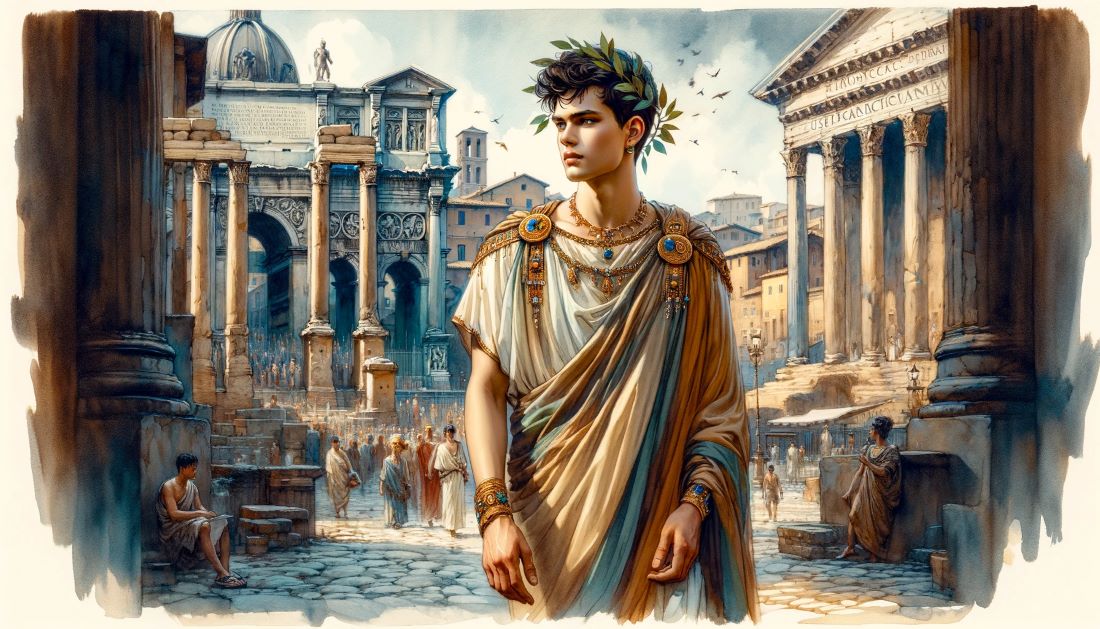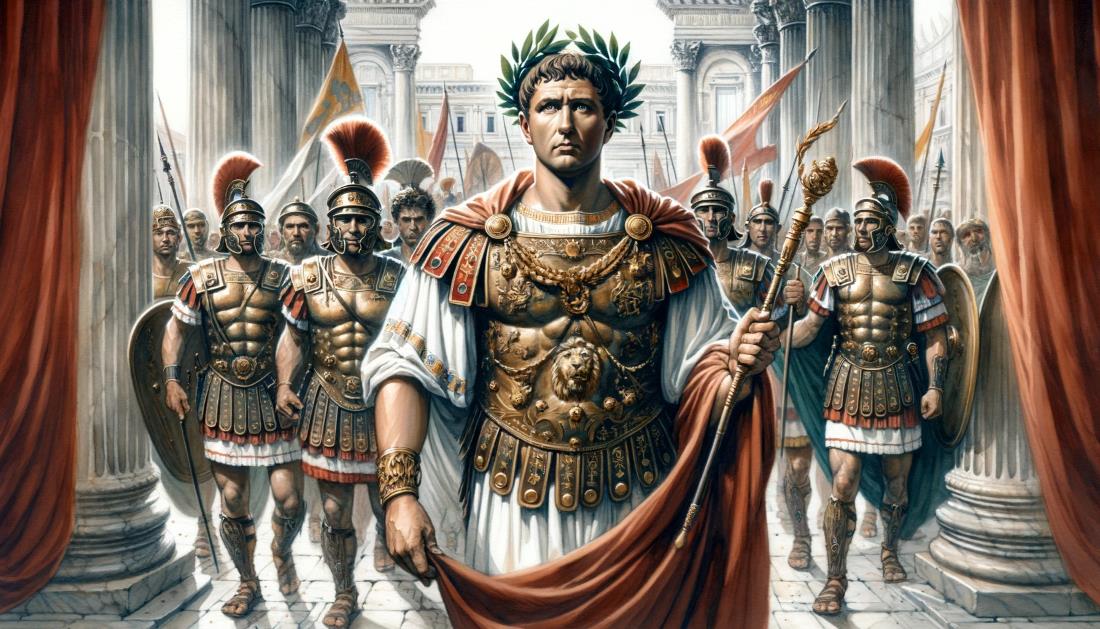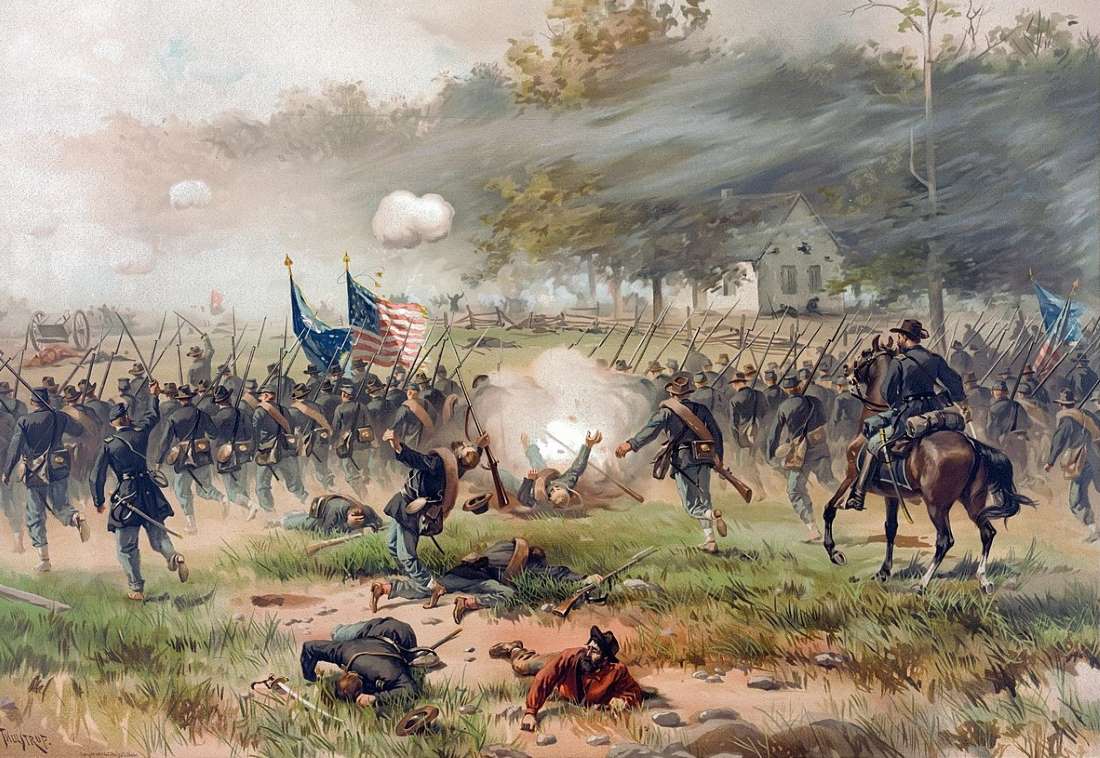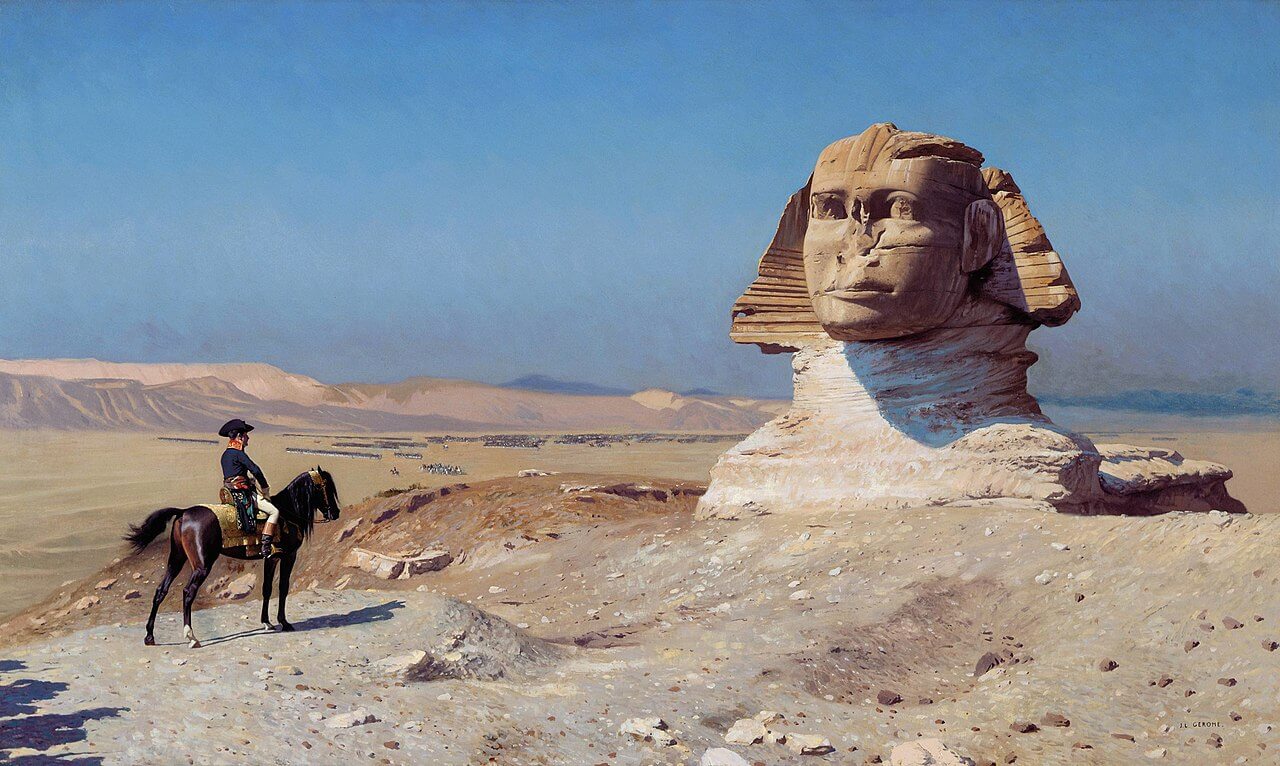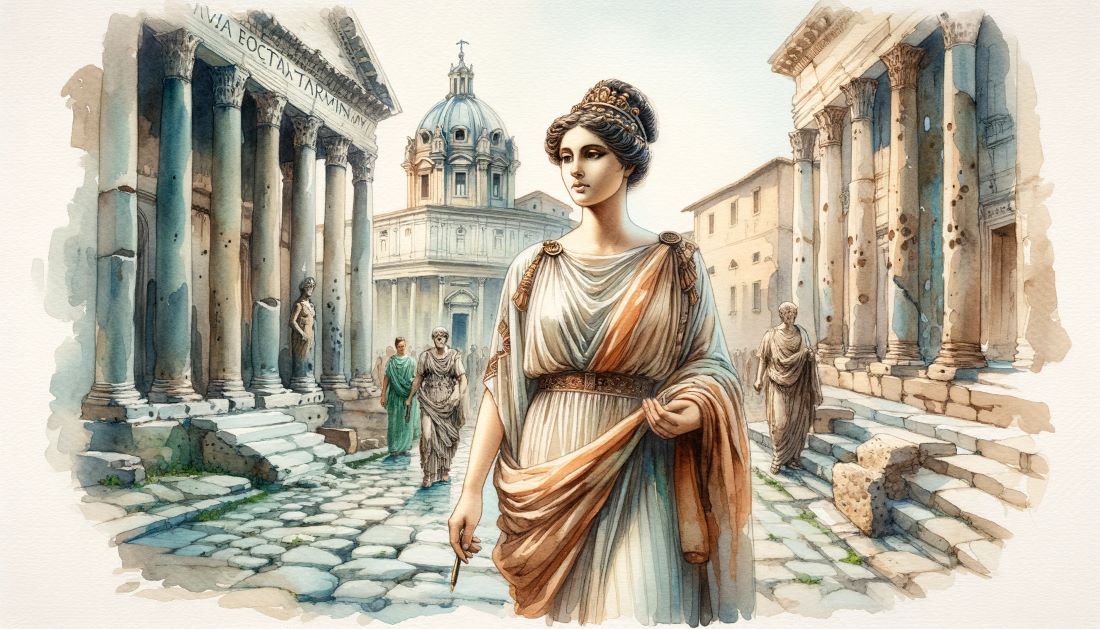
Livia Drusilla: Rome’s Silent Power
Featured Image: An artistic depiction of Livia Drusilla, which doesn't have to be historically accurateLivia Drusilla, the most powerful woman of her time in Rome, was the devoted wife of the first Roman Emperor, Augustus. Arguably one of the most influential women in ancient Rome, Livia was the mother of Emperor Tiberius, the grandmother of the military leader Germanicus and his brother Emperor Claudius, the great-grandmother of Emperor Caligula, and the great-great-grandmother of Emperor Nero.
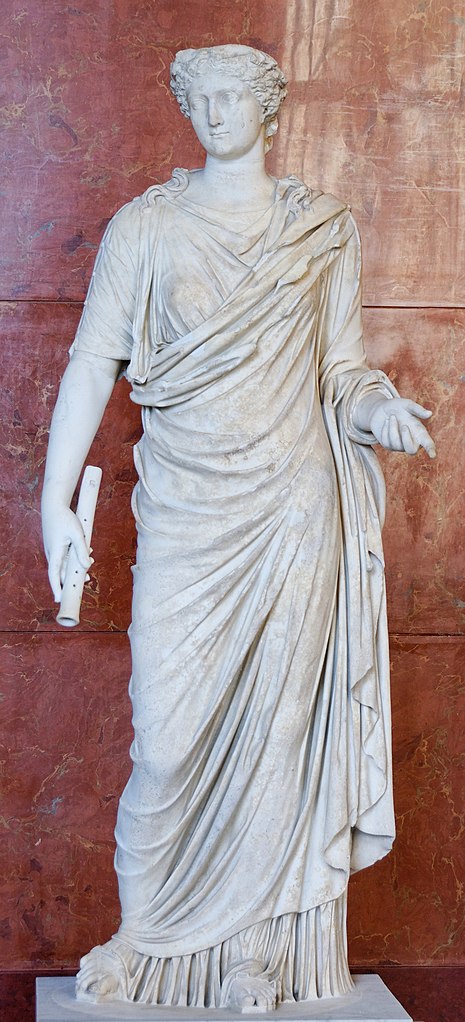
Influence on Augustus
Livia Drusilla’s impact on Augustus, previously known as Octavian, was profound. When asked how she secured such dominant influence over the emperor, Livia reputedly responded that it was achieved by always maintaining her personal virtue, willingly doing whatever was necessary to please him, not interfering in his affairs, and particularly by feigning ignorance or indifference towards his romantic dalliances. Her tactful approach, combined with her astute political sensibility, made her an indispensable partner to Augustus during his reign.
Promotion of Her Son’s Ascendancy
Livia’s determination and ambition were most evident when ensuring the rise of her son, Tiberius, to the imperial throne. While Tiberius was not Augustus’ biological son, Livia’s influence played a significant role in ensuring his adoption and subsequent position as heir.
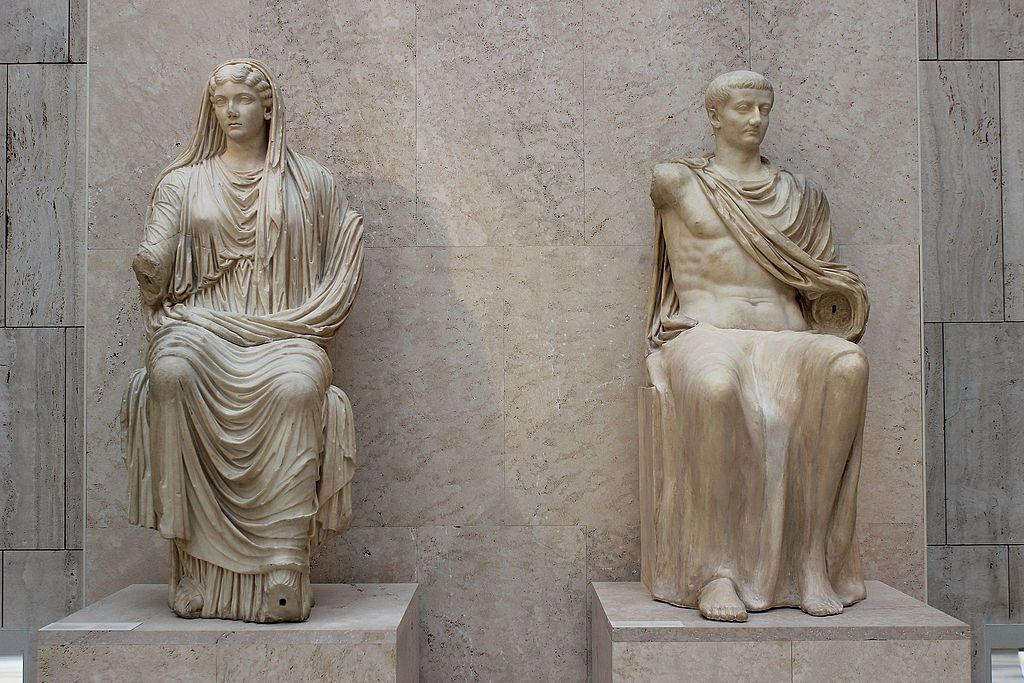
Relationship with Tiberius and Germanicus
As Emperor, Tiberius’s relationship with Livia was multifaceted. While she had been a driving force behind his rise, their rapport was, at times, strained, perhaps due to the weight of the legacy and expectations she imposed. In contrast, Livia shared a warmer relationship with her grandson Germanicus. As the military leader and popular figure in Rome, their bond was one of mutual respect and affection.
Historical Challenge: Can You Conquer the Past?
Test your knowledge of the past with our interactive history quiz! Can you answer all 20 questions?
Conclusion
Throughout the annals of ancient Rome, few women commanded respect and wielded power as Livia Drusilla did. More than just the wife of an emperor, she was the matriarch of a dynasty and an astute political operator in her own right. Her legacy, evident in the rulers she influenced and the dynasty she helped shape, solidifies her status as a pivotal figure in Roman history.

